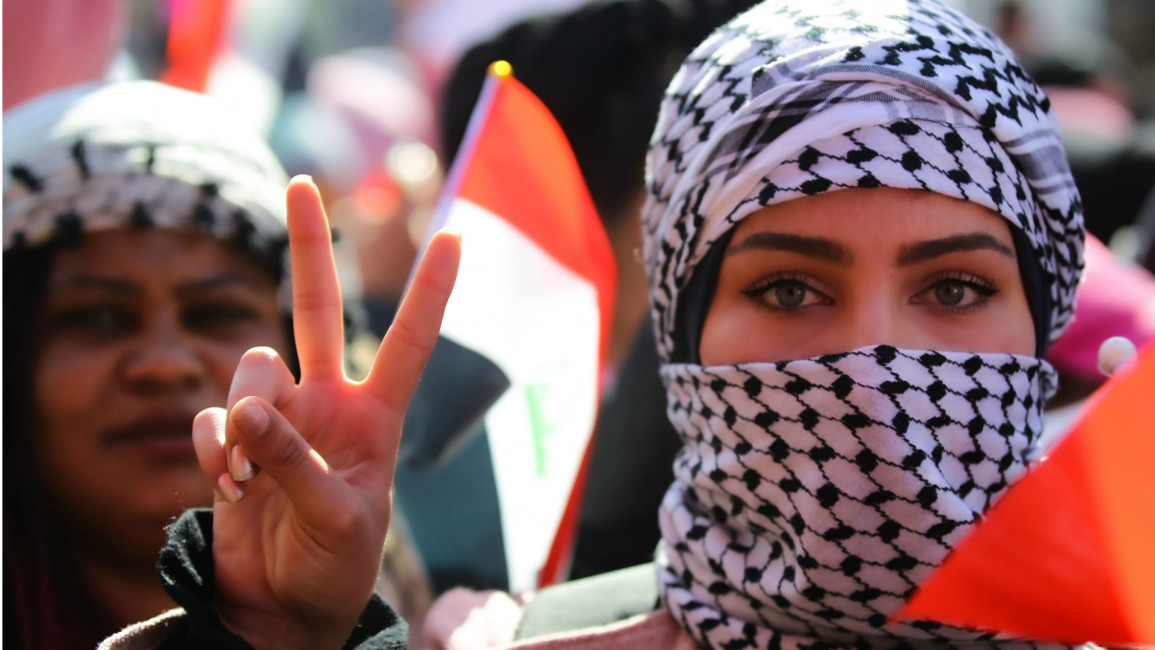Iraq's new government reaches out to October protesters
Iraq's new government promised Saturday to release demonstrators arrested during mass protests that erupted in October and pledged justice and compensation to relatives of over 550 people killed during that unrest.
The announcement was made in a televised address following Prime Minister Mustafa Kadhemi's first cabinet meeting.
Kadhemi, who with 15 of his proposed 22 ministers won the confidence of Parliament on Wednesday evening, promised "the truth about everything that happened" during the months-long protests.
He vowed to "hold to account all those who shed Iraqi blood".
Kadhemi was Iraq's spy chief when the protests broke out and the address to the nation comes as calls spread on social media for renewed demonstrations on Sunday.
The government of his predecessor Adel Abdel Mahdi had since October repeatedly said it could not find the "unidentified gunmen" who fired on protesters who took to the streets to demand the overhaul of the political system.
At the start of the protests that would become the largest and bloodiest social movement in Iraq's recent history, many demonstrators carried portraits of General Abdulwahab al-Saadi -- a highly popular figure in the military campaign to dislodge the Islamic State from Mosul in 2017. He had been dismissed by Abdel Mahdi in September.
Kadhemi on Saturday reinstated the general as the head of counter-terrorism, putting him back in charge of units created and armed by the Americans.
The new Iraqi premier has long been seen as Washington's man in Baghdad, but he has also forged close ties with America's arch-foe Iran.
Kadhemi also called on parliament to adopt a new electoral law needed for early elections that had been promised by his predecessor.
The new government had presented itself as a "transitional" cabinet on Wednesday evening.
It rescinded a decision taken by the outgoing government just before it stepped down that blocked all state spending, including civil servants' salaries and pension payments -- relied on by one in five Iraqis.
Pensions will be paid out in the coming days, Kadhemi promised.
But an implosion of oil prices amid the coronavirus pandemic indicates that Iraq will have little option but to impose austerity policies that could give rise to renewed protests.
Follow us on Facebook, Twitter and Instagram to stay connected



